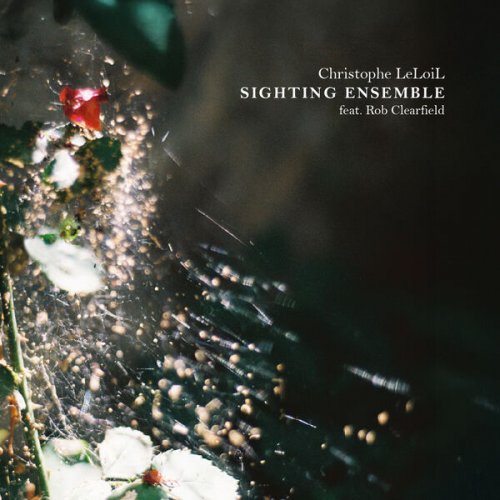Franz Konwitschny - Wagner: Tannhäuser (1995)
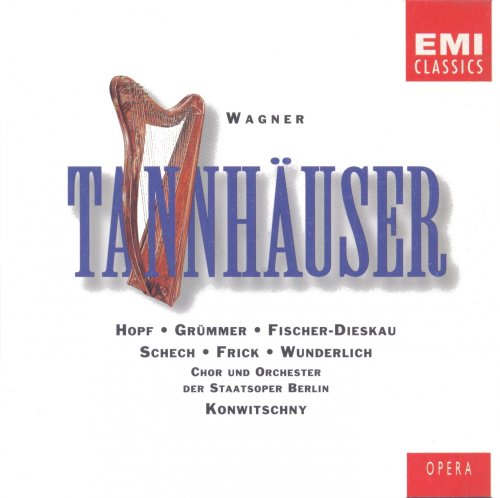
Artist: Franz Konwitschny
Title: Wagner: Tannhäuser
Year Of Release: 1995
Label: EMI Classics
Genre: Classical
Quality: FLAC (image + .cue, log, artwork)
Total Time: 03:03:06
Total Size: 889 MB
WebSite: Album Preview
Tracklist:Title: Wagner: Tannhäuser
Year Of Release: 1995
Label: EMI Classics
Genre: Classical
Quality: FLAC (image + .cue, log, artwork)
Total Time: 03:03:06
Total Size: 889 MB
WebSite: Album Preview
CD 1
1-1 Ouvertüre 13:55
1-2 Naht Euch Dem Strande! 4:48
1-3 Geliebter, Sag, Wo Weilt Dein Sinn? 4:30
1-4 Dir Töne Lob! 5:44
1-5 Geliebter, Komm! Sieh Dort Die Grotte 8:35
1-6 Frau Holda Kam Aus Dem Berg Hervor 8:49
1-7 Wer Ist Dort Im Brünstigem Gebete? 5:28
1-8 Als Du In Kühnem Sange Uns Bestrittest 6:43
CD 2
2-1 Einleitung - Dich, Teure Halle, Grüß' Ich Wieder 5:06
2-2 Dort Ist Sie; Nahe Dich Ihr Ungestört! 7:16
2-3 Den Gott Der Liebe Sollst Du Preisen 4:26
2-4 Dich Treff' Ich Hier In Dieser Halle 4:07
2-5 Freudig Begrüßen Wir Die Edle Halle 8:23
2-6 Gar Viel Und Schön Ward Hier In Dieser Halle 6:09
2-7 Blick' Ich Umher In Diesem Edlen Kreise 6:31
2-8 Den Bronnen, Den Uns Wolfram Nannte 3:35
2-9 Heraus zum Kampfe mit uns allen! 5:02
2-10 Was hör' ich! - Wie? 11:43
2-11 Ein furchtbares Verbrechen ward begangen 8:10
CD 3
3-1 Einleitung 8:18
3-2 Wohl wußt' ich hier sie im Gebet zu finden 8:08
3-3 Allmächt'ge Jungfrau, hör mein Flehen! 9:13
3-4 Wie todesahnung - O du, mein holder Abendstern 5:16
3-5 Ich hörte Harfenschlag 4:19
3-6 Hör an, Wolfram, hör An! - Inbrunst im Herzen 10:22
3-7 Ha! Fühlest du nicht milde Lüfte? 5:51
3-8 Heil! Heil! Der Gnade Wunder Heil! 2:36
Franz Konwitschny was born to a family consisting of several members who were professional musicians. He studied at Brno's German Musical Society and later at Leipzig Conservatory. While still a student, he was exposed to great conducting as a member of the viola section of the famous Gewandhausorchester Leipzig when he played under the direction of Wilhelm Furtwängler. In 1925, he moved to Vienna with the Fitzner Quartet and began teaching at the Vienna Volkskonservatorium. Within two years, he had decided to become a conductor. In 1927, he joined the Stuttgart Opera, first as an assistant conductor then winning promotion to chief conductor in 1930. Engagements at Freiburg, Frankfort, and Hanover occupied him until 1949 when he was awarded the helm of the venerable Gewandhausorchester Leipzig. From 1949 until his death on tour in 1962, he held that position even as opera house appointments (Dresden 1953 to 1955, and the Berliner Staatsoper from 1955 onward) occupied increasing amounts of time. His dual positions made him one of the Eastern bloc's most authoritative and celebrated musicians. In the years shortly before his death, Konwitschny appeared abroad in such venues as Salzburg and London and toured elsewhere in Austria, West Germany, Poland, Soviet Russia, and Japan. As an interpreter, he eschewed the precise attacks expected of Western conductors in favor of deeper tone coloring and a spontaneous search for meaning. For EMI, his recordings of Der fliegende Holländer and Tannhäuser are compelling, despite casting deficiencies in both title roles.
Franz Konwitschny was a yeoman conductor. Not a stellar podium personality, but a musician who respected the need for craftsmanship and still managed to probe deeply into the scores that held greatest meaning to him. While the music of his own time appealed to him less than the masterworks of the Classical and Romantic ages, he still made time for the works of such composers as Dessau and Eisler. Konwitschny's early death came as a blow to an art form that needed individuals of such gifts and such devotion to high purpose. The majority of Konwitschny's recordings were made for the East German branch of Philips, and the company's successor, Berlin Classics, honored his memory with the release of an 11-CD box set of his performances in 2001. -- Erik Eriksson
Franz Konwitschny was a yeoman conductor. Not a stellar podium personality, but a musician who respected the need for craftsmanship and still managed to probe deeply into the scores that held greatest meaning to him. While the music of his own time appealed to him less than the masterworks of the Classical and Romantic ages, he still made time for the works of such composers as Dessau and Eisler. Konwitschny's early death came as a blow to an art form that needed individuals of such gifts and such devotion to high purpose. The majority of Konwitschny's recordings were made for the East German branch of Philips, and the company's successor, Berlin Classics, honored his memory with the release of an 11-CD box set of his performances in 2001. -- Erik Eriksson
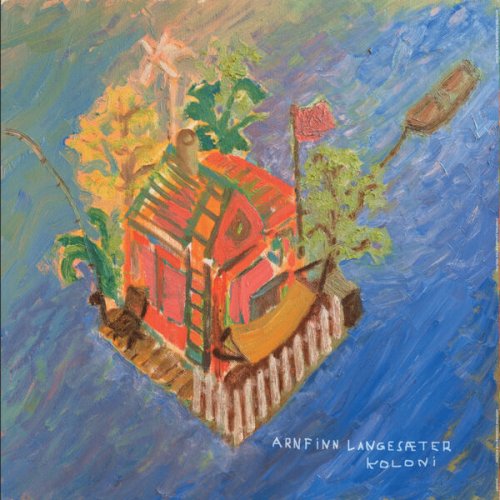


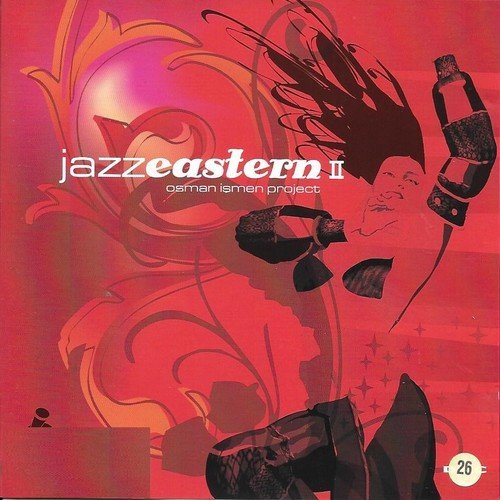
![Charles Mingus - Mingus Ah Um (1959) [2022 DSD256] Charles Mingus - Mingus Ah Um (1959) [2022 DSD256]](https://www.dibpic.com/uploads/posts/2026-02/1770882753_folder.jpg)
![Claude Williamson - Round Midnight (Remastered 2014) (2026) [Hi-Res] Claude Williamson - Round Midnight (Remastered 2014) (2026) [Hi-Res]](https://www.dibpic.com/uploads/posts/2026-02/1770854964_cover.jpg)
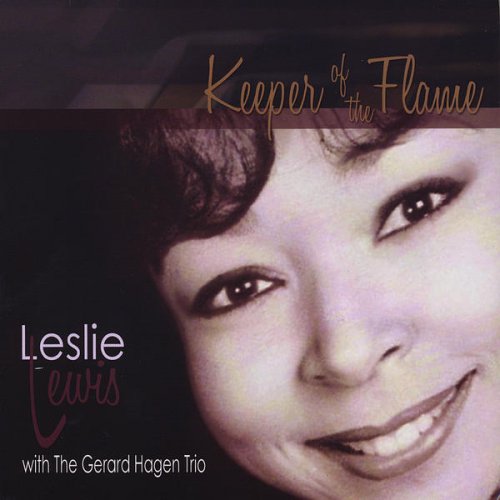
![Laura Anglade - Get Out of Town (Deluxe) (2026) [Hi-Res] Laura Anglade - Get Out of Town (Deluxe) (2026) [Hi-Res]](https://www.dibpic.com/uploads/posts/2026-02/1770950244_kznexew2l78jj_600.jpg)
